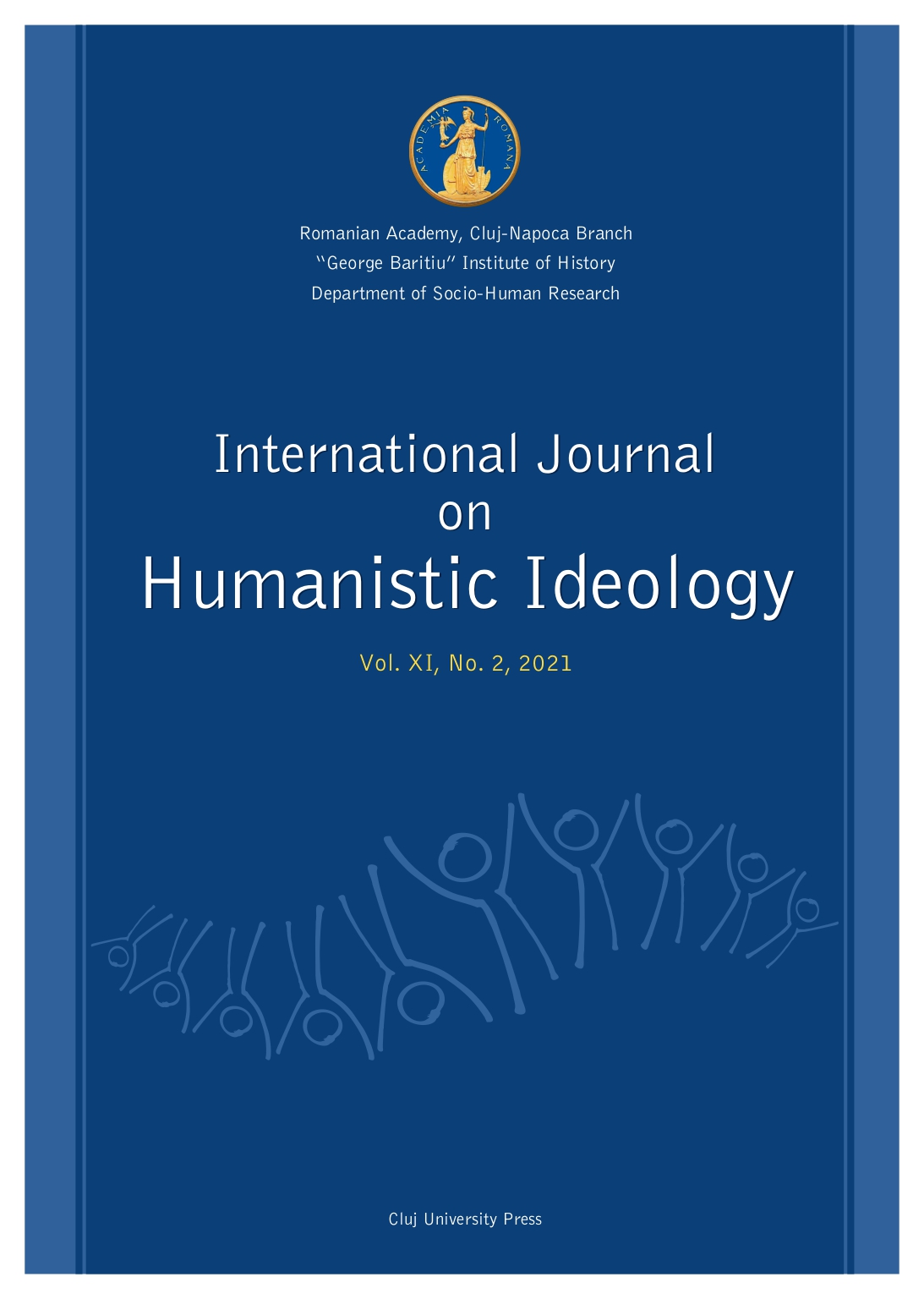Kierkegaard’s Heritage on Philosophical Personalism
Kierkegaard’s Heritage on Philosophical Personalism
Author(s): Catalina Elena Dobre, Rafael García PavónSubject(s): Philosophy, Social Sciences, Psychology, Philosophical Traditions, Ethics / Practical Philosophy, Theology and Religion, Existentialism
Published by: Presa Universitara Clujeana
Keywords: personalism; human person; dialogic philosophy; the movement of personalization; auto-teleology; silence;
Summary/Abstract: In this article we aim to demonstrate the importance of Kierkegaard’s thought reflected in some philosophers who represent what we know as philosophical personalism. Among them, we have chosen Martin Buber, whose reading of Kierkegaard’s work is reflected in his dialogical philosophy; also, Emmanuel Mounier, who mentions in his work the clear influence of the Danish philosopher in the way of thinking the concept of the human person, which represents the foundation of philosophical personalism. In the same way, Karol Wojtyla’s relationship with Kierkegaard is explored from the concept of inner auto-teleology. It is a new approach that reflects the reading of Kierkegaard that the Polish philosopher – later Pope John Paul II – has kept in mind. Finally, we close with a reflection on the influence of Kierkegaard on the Swiss philosopher Max Picard, related to the concept of silence.
Journal: International Journal on Humanistic Ideology
- Issue Year: XI/2021
- Issue No: 2
- Page Range: 83-107
- Page Count: 25
- Language: English

